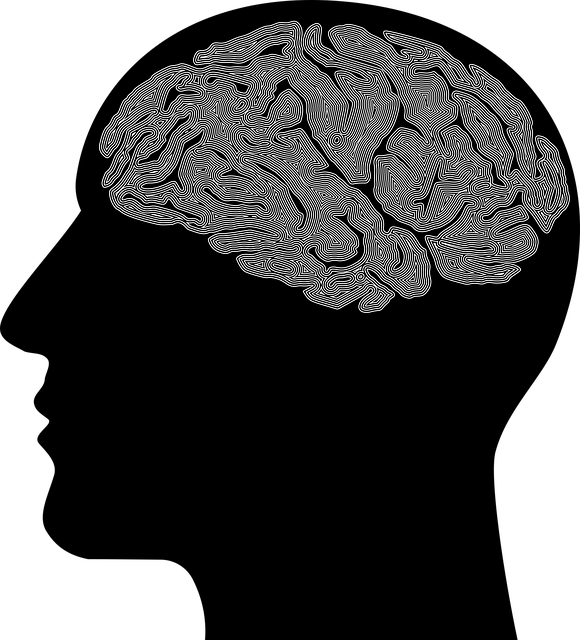In Littleton, Dialectical Behavioral Therapy (DBT) offers a comprehensive approach to mental health management by prioritizing proactive wellness and self-care. DBT's four key skills—mindfulness, emotional regulation, distress tolerance, and interpersonal effectiveness—equip individuals with the tools to build resilience, reduce stigma, and take control of their mental well-being. Through identifying personal needs, tailored mental health education, and structured self-care routines, DBT guides people towards cultivating mental wellness while acknowledging cultural sensitivity and life transitions. By adopting a flexible mindset and incorporating compassionate practices, individuals can maintain lasting mental wellness with the support of Littleton DBT therapy.
Developing a mental wellness self-care routine is an essential journey towards fostering lasting well-being. This article guides you through the process, starting with understanding mental wellness and its connection to self-care—a cornerstone of Littleton Dialectical Behavioral Therapy (DBT). We’ll explore personal needs identification as a path to self-discovery, followed by practical steps to craft your routine. Learn how to sustain and adapt this practice for ongoing mental health management using DBT techniques.
- Understanding Mental Wellness and Self-Care: The Foundation of DBT
- Identifying Personal Needs: A Journey into Self-Discovery
- Crafting Your Routine: Practical Steps with Littleton Dialectical Behavioral Therapy
- Sustaining and Adapting: Nurturing Lasting Mental Wellbeing
Understanding Mental Wellness and Self-Care: The Foundation of DBT

Understanding Mental Wellness and Self-Care forms the bedrock of Dialectical Behavioral Therapy (DBT), a highly effective approach to addressing complex mental health challenges, particularly beneficial for individuals in Littleton navigating through difficulties related to mental illness. DBT emphasizes the interconnectedness of mindfulness, emotional regulation, distress tolerance, and interpersonal effectiveness as key components of self-care routines. By integrating these skills into daily life, individuals can foster resilience and improve their overall well-being.
This therapeutic framework recognizes that mental wellness is not merely the absence of illness but a proactive state that involves nurturing one’s mind and emotions. Self-care, in this context, goes beyond occasional relaxation; it’s a structured practice aimed at reducing the stigma surrounding mental illness while providing practical tools for crisis intervention. Public awareness campaigns and education play a crucial role in promoting understanding, encouraging support, and ultimately, enabling individuals to take charge of their mental health through self-care practices that can transform lives, as highlighted by effective DBT therapy in Littleton.
Identifying Personal Needs: A Journey into Self-Discovery

Identifying Personal Needs marks a profound journey into self-discovery—a crucial step in cultivating a robust mental wellness self-care routine. This introspective process involves recognizing one’s unique emotional, psychological, and physical requirements. By understanding triggers, coping mechanisms, and personal values, individuals can tailor their self-care practices to address specific needs. For instance, someone might discover they thrive through mindfulness exercises, regular physical activity, or creative outlets like journaling, each a personalized component of their holistic mental health regimen.
Littleton Dialectical Behavioral Therapy (DBT) offers valuable tools for this journey. DBT’s emphasis on emotional regulation, distress tolerance, and effective coping skills development empowers individuals to navigate challenges with resilience. Incorporating cultural sensitivity in mental healthcare practice further enriches this process by acknowledging the impact of diverse backgrounds on one’s well-being. Through tailored Mental Health Education Programs designed to suit individual needs, people can gain insights into their personal growth and learn effective strategies for maintaining a balanced mental wellness self-care routine.
Crafting Your Routine: Practical Steps with Littleton Dialectical Behavioral Therapy

Crafting a self-care routine that supports your mental wellness is an empowering process, and Littleton Dialectical Behavioral Therapy (DBT) offers practical guidance for getting started. The first step involves assessing your current lifestyle and identifying areas where stress or emotional turmoil might be creeping in. This can include evaluating your daily habits, work-life balance, and relationships. By understanding these aspects, you gain valuable insights into the specific practices that will benefit you most.
Littleton DBT suggests incorporating various techniques from its therapeutic framework. This may involve attending Stress Management Workshops organized by local mental health organizations to learn coping strategies. Practicing mindfulness meditation can help you stay grounded in the present moment and reduce anxiety. Additionally, engaging in emotional healing processes through therapy sessions or journaling can provide an outlet for processing difficult emotions. Over time, these practices will become integral parts of your self-care routine, fostering resilience and overall mental well-being.
Sustaining and Adapting: Nurturing Lasting Mental Wellbeing

Maintaining mental wellness is an ongoing journey that requires consistent effort and adaptability. Once individuals have established a self-care routine through practices like Littleton Dialectical Behavioral Therapy, it’s crucial to embrace a mindset of flexibility. Life circumstances change, and so should our approaches to well-being. Adapting one’s routine means being responsive to emerging needs and incorporating new strategies while letting go of those that are no longer serving us.
This process involves cultivating inner strength through Compassion Cultivation Practices and continuously challenging mental illness stigma reduction efforts. By embracing these dynamic aspects, individuals can ensure their self-care remains effective and relevant, fostering lasting mental wellness.
Developing a mental wellness self-care routine is a transformative process, as evidenced by the principles of Littleton Dialectical Behavioral Therapy (DBT). By understanding our mental wellness and employing strategies like those outlined in this article, we can identify personal needs, craft tailored routines, and sustain them over time. Remember that self-care isn’t one-size-fits-all; it’s a journey of self-discovery and adaptation, ultimately fostering lasting mental wellbeing.














